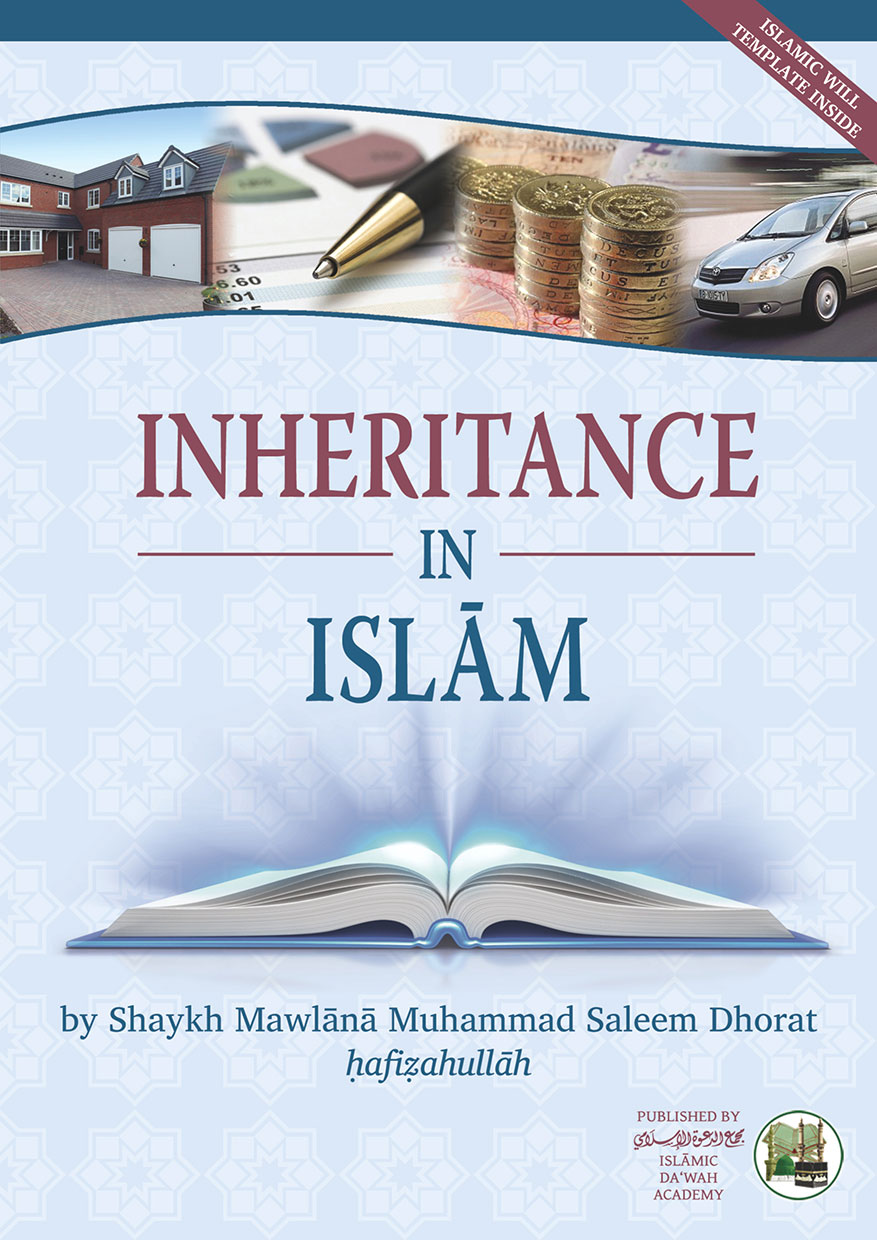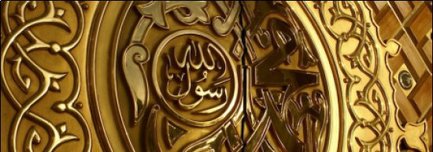بسم الله الرحمن الرحيم
By Shaykh-ul-Hadīth, Hadrat Mawlānā Muhammad Saleem Dhorat hafizahullāh
The Four Parts of Dīn
The sole objective of our lives is to acquire the Pleasure of Allāh ta‘ālā, which can only be achieved by following the whole Dīn. The whole Dīn can be categorised into four parts:
1. External actions, which comprise of:
a. Performing good actions e.g. Salāh;
b. Refraining from sinful actions e.g. backbiting.
2. Internal qualities, which comprise of:
a. Purifying the heart from debasing qualities e.g. pride;
b. Adorning the heart with praiseworthy traits e.g. humbleness.
Allāh ta‘ālā has laid down commands relating to both the external and the internal aspects of Dīn. In both, there are Do’s and Don’ts. For example, performing Salāh, giving Zakāh, fasting and performing Hajj are external actions which must be carried out; whilst causing physical harm, stealing and consuming harām are external actions which must be avoided. Similarly, jealousy, malice and pride are debasing qualities of the heart which are prohibited; whilst Shukr (being grateful to Allāh ta‘ālā) and Sabr (patience) and humbleness are praiseworthy qualities with which every Muslim should strive to adorn his heart.
We can therefore conclude that our duties as Muslims are: to carry out good actions; to refrain from sinful actions; to purify the heart from debasing qualities; and to adorn the heart with praiseworthy qualities. All four are termed as Al-A‘māl As-Sālihah (good deeds) and our success lies in carrying them out. Allāh ta‘ālā states:
Verily those who believe and do good deeds, for them shall be gardens beneath which rivers flow. That is the great success. (85:11)
Tazkiyah and its Importance
The process of removing the debasing qualities from the heart and adorning it with the praiseworthy qualities is known as Tazkiyah (soul purification). Through Tazkiyah a person first begins to recognise the shortcomings in his inner traits, such as the existence of pride and miserliness. As a result, he is able to exert effort and replace them with praiseworthy qualities such as humbleness and generosity. Allāh ta‘ālā has emphasised the importance of Tazkiyah in the Glorious Qur’ān by taking oath of seven different things before stating:
Undoubtedly, the one who purified it (the soul) has succeeded and the one who soiled it (through kufr, shirk, sin) has certainly failed. (91:9-10)
‘Ilm and Tazkiy
In order to understand the Commands of Allāh ta‘ālā and to carry them out, it is necessary to acquire ‘ilm. Through ‘ilm, we will be able to understand what we are required to do in every situation. Regarding the external actions for example, ‘ilm is required to understand the pre-requisites of Salāh as well as all the necessary aspects within Salāh. Similar is the case for the inner qualities; a person will require ‘ilm to understand which qualities are prohibited and the consequences of having such qualities. For example, our beloved Nabī sallallāhu ‘alayhi wasallam has informed us that a person with pride equivalent to a mustard seed in his heart will not enter Jannah (without first going in Jahannam). (Abū Dāwūd, At-Tirmidhī, Ibn Mājah).
However, without Tazkiyah ‘ilm is not beneficial, as we find that a person has ‘ilm but is unable to practice according to it despite having the desire to do so. For example, a person is aware that offering Fajr Salāh is compulsory, but is unable to leave his bed and go to the masjid. Similarly, despite being aware that sinful glances are not permissible, he is unable to control the gaze from lustful glances. The reason for this is a lack of spiritual stamina to carry out the Commands of Allāh ta‘ālā. Through the process of Tazkiyah, a person purifies his heart from debasing qualities and as a result gains the spiritual stamina required to fulfil all the external actions Commands of Allāh ta‘ālā.
External Actions Hold No Value without Tazkiyah
Another important point to understand is that without purifying the heart, despite carrying out the external actions of Dīn, they may not be accepted in the Court of Allāh ta‘ālā. This is because a corrupt heart could lead to a person performing deeds with the wrong intention. For example, if a person performs a good action with the intention of acquiring fame, he will gain no reward whatsoever, rather he will be answerable in the Court of Allāh ta‘ālā. Even though outwardly his action may appear perfect and in accordance with the Commands of Allāh ta‘ālā and the Sunnah of Nabī sallallāhu ‘alayhi wasallam, due to his insincerity his action will yield no benefit.
The importance of a purified heart has been explained by Nabī sallallāhu ‘alayhi wasallam in a hadīth:
Indeed there is a piece of flesh in the body; if it is sound, then the whole body will be sound and if it is corrupt then the whole body will be corrupt. Indeed it is the heart. (Al-Bukhārī)
Tazkiyah: The Key to Practising the Whole Dīn
From the above, it is clear that Tazkiyah is the path that leads to the reformation of the heart, providing the spiritual stamina required for external actions; and making them perfect and worthy of acceptance. Having understood the importance of Tazkiyah, the question arises as to how it can be achieved. For this, read and study ‘The Path to Purification’, published by At-Tazkiyah.
Let us recognise the importance of Tazkiyah and exert effort towards its acquisition, so that we may practice the whole Dīn and acquire the eternal bliss of the Hereafter.
© Riyādul Jannah (Vol. 26 No. 11/12, Nov/Dec 2017)
|
We are witnessing an era where Islām, in spite of its vastness and applicability in every sphere of the human life, has been confined to mere beliefs and a handful of rituals. As with some other important obligations of Islām, the obligation of ensuring the correct procedures in the field of inheritance has also been subjected to gross disregard and outright neglect. In fact, this section of Dīn can be said to be the most neglected one among all. Seeing such state of affairs, the respected Shaykh hafizahullāh embarked on the task of acquainting the Muslims on the importance of this vital duty. The lectures delivered proved to be highly informative and beneficial, but only to a limited audience. In order to extend the benefits to a larger part of the Ummah, it was decided that two of these lectures be selected and published in booklet form. A few topics mentioned in the booklet are as follows: • Equality in inheritance |
|
To order the above book or for details of our other publications, please email info@idauk.org or call 0116 262 5440. |
• Please forward this message on to all your contacts •


